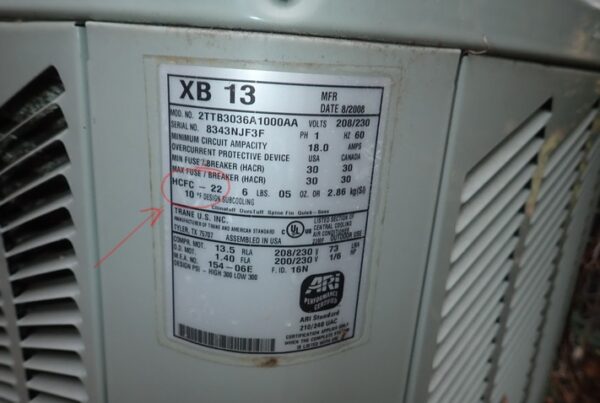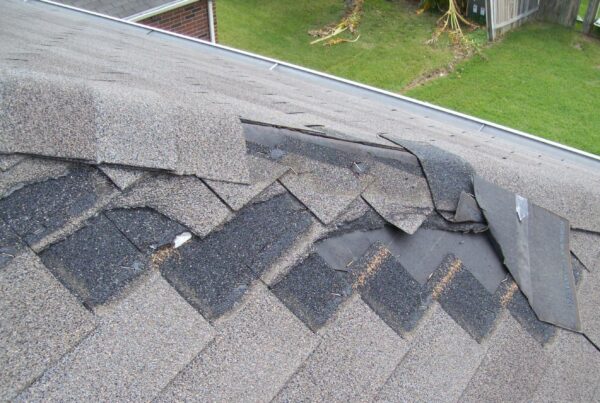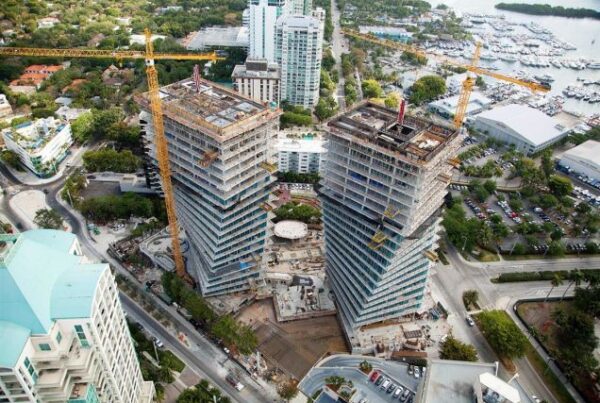 By Gary J. Caruso P.E. R.S. of Criterium-Caruso Engineers
By Gary J. Caruso P.E. R.S. of Criterium-Caruso Engineers
Elevator operation remains a safe and reliable form of vertical transportation. This is not by accident but rather is the outcome from a consistent and well planned maintenance program. However, all maintenance programs are not alike and there are many variables involved that should be considered when renewing or entering into a long term contract for the maintenance of your vertical transportation systems.
Besides your desire to have a smooth running and reliable vertical transportation system, probably the most important consideration and a fundamental reason to have regular elevator maintenance is to limit your liability exposure for accidents. The liability exposure for claims due to improper or unsafe operation may exceed the costs involved in any maintenance contracts or programs. The Association should choose the type of maintenance contract carefully in order to ensure that the Association has not accepted more liability for accidents than it has anticipated.
Elevator maintenance is typically performed by the original manufacturer of the equipment, a manufacturing company other than the original manufacturer, a non-manufacturer third party maintenance company or by in-house personnel. An in-house maintenance program places the liability squarely on the Association’s shoulders and should not even be considered unless the Association is ready to employ and properly supervise technically competent workmen. Usually maintenance will be performed by the original manufacturer or another elevator maintenance company.
Maintenance contracts are usually classified as full maintenance; parts, oil and grease (POG) or a survey/report type contract. Full maintenance is probably the choice for the vast majority of cases. The other type contracts require the property owner/manager to assume the burden of coordinating the services of the contractors and hence assume the lion’s share of the liability exposure.
Elevators are long lived and if properly maintained will continue satisfactory operation for many years. As long as parts are available, the elevator can probably be kept operational. Modernization is generally considered as the elevators approach the 20 to 30 year old range when they approach the end of their efficient life span. Modernization is usually driven by competition with newer buildings, improving reliability, reducing system failures, regulatory requirements and replacing obsolete components. Full maintenance contracts will keep the existing equipment operating but it will usually not address any modernization needs. As the time for modernization approaches, the Association should consult with an experienced elevator consultant to plan any changes.
An inherent risk in full maintenance contracts is that there may be little motivation for repairing or replacing any components as long as they can be kept operational. The full maintenance contract has many facets. Each one should be specifically evaluated by the Association and their legal counsel for the individual property. Some of the considerations are as follows:
- Contract term. What are the details of any termination clause?
- What equipment is covered? Are there any proration items that the maintenance contractor is unwilling to bear the full cost of replacement? This is usually a consideration in older existing elevator installations. The cost of replacement for proration items will need to be accounted for in your reserve funds.
- Items of coverage and exclusions. What are the items that will result in extra charges? What are the limitations of any emergency services? What aspects of elevator maintenance are not included? Will original manufacturer parts be used?
- Liability for accidents. The owner should be careful to avoid inheriting risks associated with hold harmless or other type clauses in the contracts.
- Pricing. Shorter terms may be more expensive than longer terms. What are the provisions for annual price adjustments? When do overtime charges apply?
- Is safety testing in accordance with ANSI and other regulatory standards included?
Elevator maintenance contracts are written by the contractors to meet their needs. Make sure they meet the needs of the property.
*This article had been posted in the Winter 2013 edition of The Examiner.


